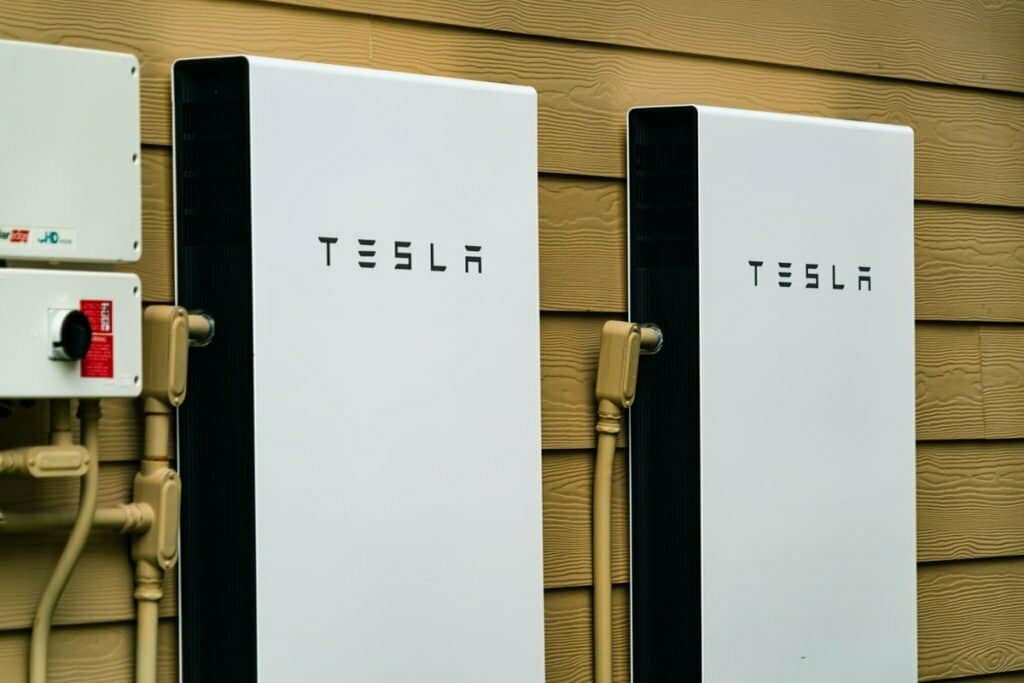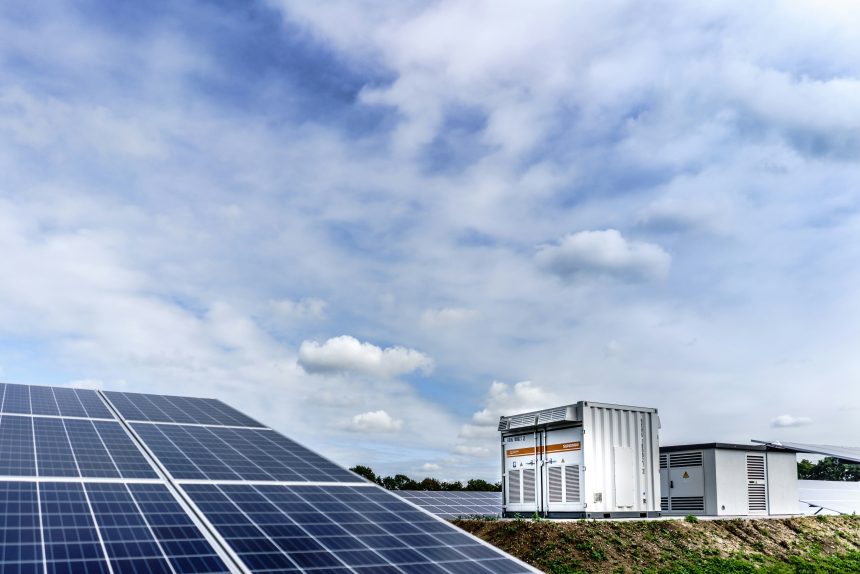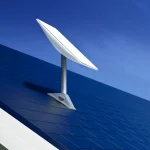The concept of energy storage, a technology that allows for the storage of electricity within a compact, modern, and efficient unit, is gaining traction in some parts of the United States and Europe.
At the end of 2020, the US had about 2.5 GW of combined stand-alone and colocated utility-scale battery storage capacity; it built an additional 3.3 GW in 2021 and 4 GW in 2022.
Energy storage systems offer a myriad of benefits, particularly for a country like Ghana where energy generation from renewable sources needs to be increased significantly over the next years. These systems provide a way to capture energy when it’s plentiful, store it, and release it when needed, ensuring a consistent and reliable supply.
We explore the potential impact and benefits of adopting energy powerwall storage systems in Ghana.
Current State of Energy
The International Energy Agency’s analysis of Ghana’s energy outlook highlights the country’s efforts to shift towards cleaner energy sources.
With the government’s aim to achieve 10% renewable energy in the national mix and a significant reduction in greenhouse gas emissions by 2030, energy storage systems could support these targets by stabilizing the grid and managing energy loads more efficiently.
Solar Energy + Energy Storage Makes a Great Combination
Ghana’s geographical location near the equator bestows it with abundant sunlight, making it an ideal candidate for solar energy and energy storage.
Some notable projects are already in the pipeline including the collaboration between Huawei Digital Power Technologies and Meinergy Technology, who are aiming to construct a 1GW solar plant coupled with a 500MWh storage facility.
This project is poised to be Africa’s largest solar-plus-storage project, showcasing the significant potential of energy storage in enhancing the efficiency and reliability of solar power.
Energy Storage Products On The Market
Currently, there are companies like Tesla and Anker that are providing energy storage solutions to consumers.
Tesla has an energy solution called the Powerwall which is a rechargeable home battery system designed to store energy for later use. It can be paired with solar panels or operate independently, drawing energy from the grid.

The Powerwall has an energy capacity of 13.5 kWh, which can be used to power a home during the night or in the event of a power outage. The system includes energy monitoring, metering, and smart controls. It learns and adapts to energy use over time and receives updates to add new features.
Anker has its storage solution called the Anker SOLIX X1 Energy Storage System, a high-performance energy storage solution designed to provide reliable power in various conditions.

It’s designed to keep homes powered in extreme conditions, offering energy storage, energy savings, and energy freedom. It’s a suitable option for those looking to store solar energy for nighttime use or to create a home microgrid for increased energy independence.
These products and solutions extend to governments as well. Telsa signed an agreement with the Australian government to construct a “virtual power plant” with its storage solution and distribute Powerwalls to residents.

Roadblocks and Hurdles
Challenges, however, remain. A study published in GeoJournal points out the obstacles in the development and deployment of renewable energy in Ghana, such as high financing costs and insufficient technical know-how.
Despite Ghana hoping to reach 10% of its energy production from solar, Ghana produces less than 1% of energy from solar production.
Overcoming these challenges is essential for the successful integration of energy storage systems.
The Road Ahead
The potential of energy power wall storage in Ghana is immense. However, realizing this potential requires strategic planning, robust partnerships, and supportive policies.
The government's role in creating a conducive environment for renewable energy investments is vital. Additionally, public awareness and education on the benefits of energy storage and renewable energy can accelerate the adoption of these technologies.
As Ghana continues to make strides in renewable energy, the integration of energy storage systems could be a game-changer.
Catch up on news and other tidbits on our WhatsApp Community Page, Twitter/X, and subscribe to our weekly newsletter to ensure you don’t miss out on any news.










